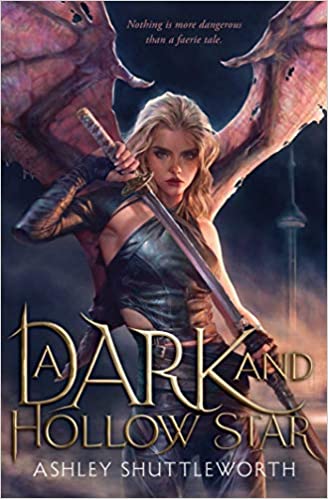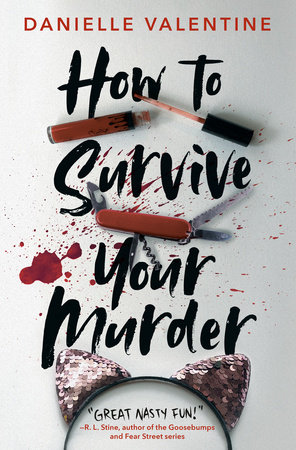[button color=”black” size=”big” link=” http://affiliates.abebooks.com/c/99844/77798/2029?u=http%3A%2F%2Fwww.abebooks.com%2Fservlet%2FSearchResults%3Fisbn%3D9780152052225″ target=”blank” ]Purchase here[/button]
Story Time
by Edward Bloor
This is only the second of Bloor’s books that I have read, yet already I have picked up on a recurring theme in his work. In Tangerine (which I also highly recommend), Bloor spun a wrenching yet affirming tale of one boy’s courageous battle against the seemingly almighty powers of his community, his school, and his home; but just under the surface of that great story, was a sharp critique of an educational system that puts athletic glory and hidebound rules ahead of the welfare of kids. And now, in Story Time, Bloor trashes the idea of test-based curriculum, in the outrageous story of a school terrorized by a homicidal demon that, at times, seems a bit less dangerous than reducing children’s education to a matter of standardized test performance.
The Whittaker School, in Story Time, is a windowless, fluorescently-lit pit of mindless drills, protein shakes, and elitist jerks. It is a place where the will of a corrupt few tramples all over the rights of many less-fortunate people. It is a place from which Kate and her younger uncle George need to escape, but once the school-district lines are gerrymandered to surround their block, they have no choice but to watch their parents being pushed around by the Whittaker family, and their own skin turning green from lack of sunlight. And the same Whittakers prove, time after time, that being conditioned to ace an exam does not imply that one is a decent, well-brought-up, or even intelligent human being.
But the nightmarish Whittakers and their cadre are soon confronted by a different sort of nightmare: an evil spirit that lives in a storybook, that takes over one victim’s body after another, bringing shame and ruin and even, in many cases, death. It’s a subversive story in that, at times, the protagonists almost seem to be rooting for the demon – though this isn’t so strange, since it may be their one ticket out of Whittaker School.
This is a bizarre, quirky, sometimes gruesome novel filled with black comedy and, in my opinion, a very damning satire of a culture of corrupt officials, airheaded politicians, opportunistic experts, and the desperate students and teachers caught in the crossfire. It will leave you questioning the rightness of focusing the educational system’s resources on results, without considering the character, abilities, and useful knowledge of the children. It will make you ask, What is learning? And it will also make you laugh, cringe, gasp, and gnash your teeth at the antics of the wide variety of adults, children, and spirits who populate the halls of Whittaker School.


